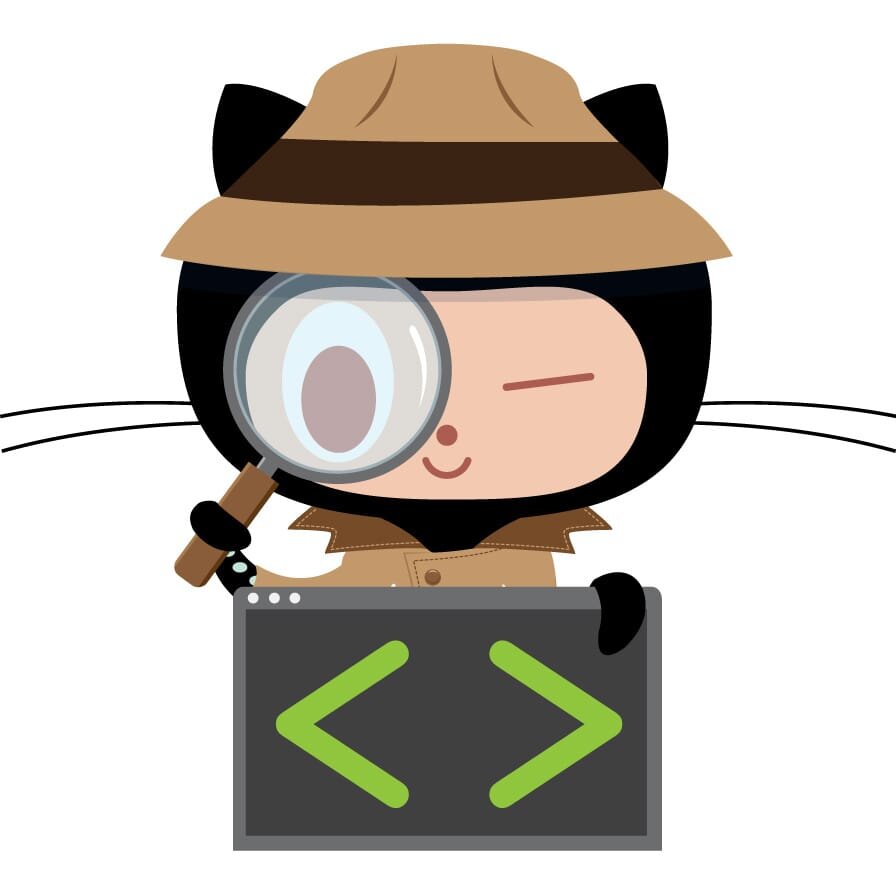
Common Lisp is a dumpster
Intro
I’ve switched from Ruby and Clojure for my personal stuff to Common Lisp a couple of years ago. I think it fits my programming style very well. But it’s a very strange language.
CL has a lot of stuff in it. It feels like it tried to cater to many different types of programmers all at once. It mixes functional, procedural, and object-oriented ideas. It makes use of dynamic binding (which isn’t very common nowadays) whilst being mainly lexically scoped and supporting closures.
However, some things in CL don’t seem practical at all. Or maybe just weird. In this essay I’m going to show some things I’m weirded out by.















